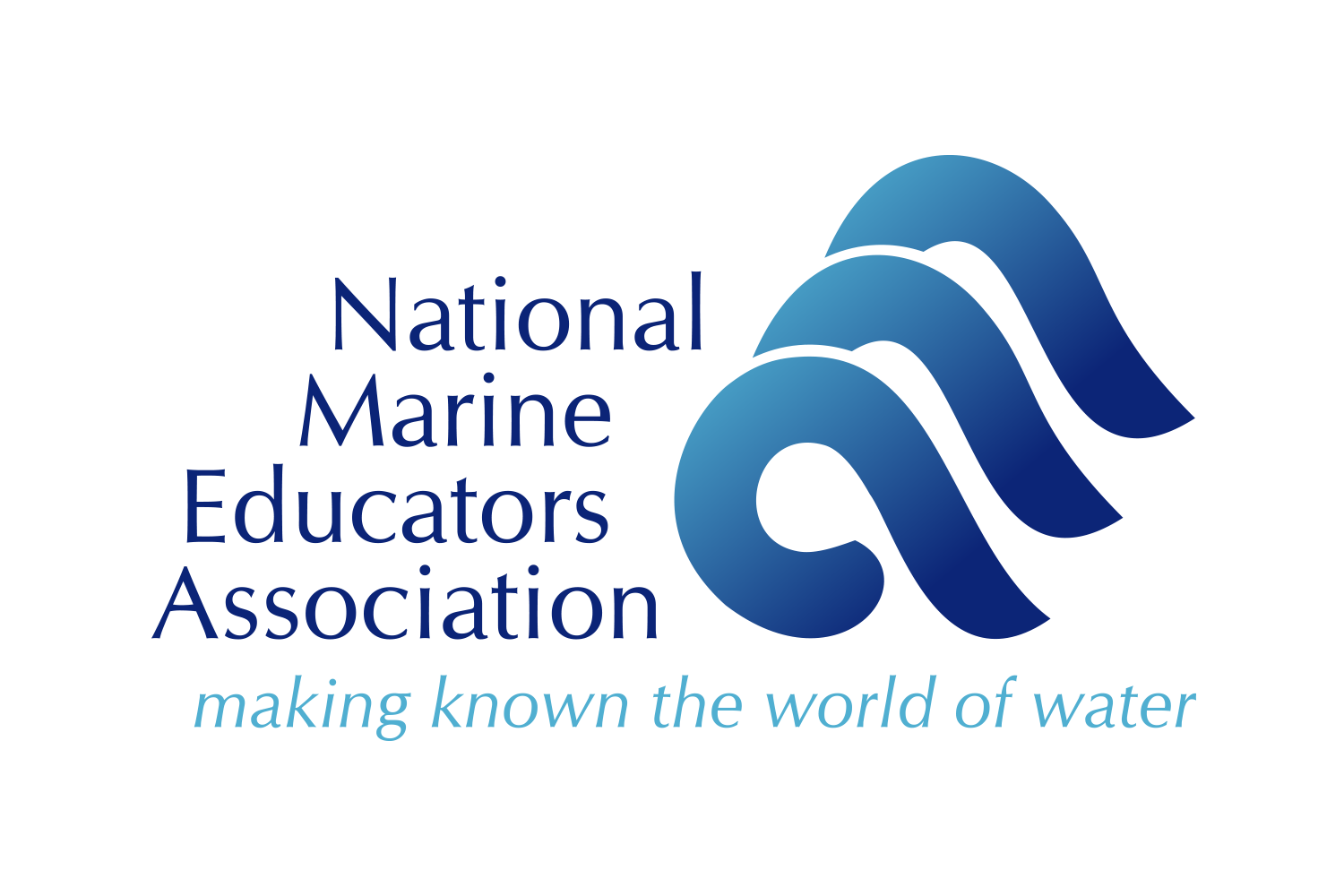A Rear Admiral Argument for Ocean Literacy
By Craig Strang, NMEA Past President
In the wake of the controversy around the conflicting information released by National Weather Service scientists, NOAA administrators, and the President about the path of Hurricane Dorian, Rear Admiral Jonathan W. White, USN, who is the President and CEO of the Consortium for Ocean Leadership, wrote the following letter, reprinted below, on the cover of the September 9, 2019 edition of Ocean News Weekly. I found the Admiral’s words to be measured, thoughtful, profound, and inextricably interconnected with our work in marine education. He provided me with yet another reason to renew my membership in NMEA and to renew my commitment to promoting Ocean Literacy nationwide and around the world.
This tortured tale of science and society, that landed for days on the front pages of mainstream media and in the newsfeeds and memes of social media, highlights the rapidly growing relevance of organizations like NMEA, the North American Association for Environmental Education - NAAEE and the National Science Teaching Association. It also shines a bright light on the rapidly escalating high stakes associated with whether or not we are successful in our missions to advance understanding of the natural world, and to take better care of the ocean on which we depend. In fact, this episode, for me, defines the purpose of Ocean Literacy and the reason that NMEA exists in this crazy era in which the public is variously told that hurricanes follow the path of complex, climate-related wind and ocean currents…or the path of a black Sharpie Medium Point Marker.
Understanding our seven Essential Principles of Ocean Literacy (oceanliteracynmea.org/essential-principles) can help students and the public to understand big ideas about how the ocean works, what causes hurricanes, how they move, and even how the climate crisis is increasing their frequency and force. More importantly, an ocean literate person, “can communicate about the ocean in a meaningful way; and is able to make informed and responsible decisions regarding the ocean and its resources.”
As educators, whether our guiding star is Ocean Literacy; Environmental Literacy; Climate Literacy; the Next Generation Science Standards; or Common Core State Standards for English Language Arts & Literacy in History/Social Studies, Science, and Technical Subjects, we can all agree that our highest, most important and most convergent goals are to help learners to think critically, to form explanations based on evidence, to evaluate the strength of evidence, to engage in civil discourse, and to argue from evidence with integrity. When we teach Ocean Literacy, we are teaching about the role of science in society. We are teaching about the difference between opinions, beliefs and scientific thinking. We are teaching how to detect misinformation. We are teaching about integrity. What else could be more important to teach about?
Please read RADM White’s letter below, as published in the Updates From The Consortium For Ocean Leadership, Week of September 9, 2019 • Number 467

